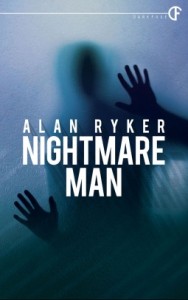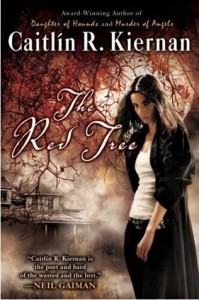I am a panster. I say that often, and I say it with pride. Most of my literary heroes, such as Bradbury and King, are pantsers. I write from the seat of my pants, and often I have no idea where it will take me. This year breaks with my past process because my NaNoWriMo novella is inspired by a short story that I had already written. I withdrew it from an anthology short-list in order to take a chance expanding the narrative into a longer work.
I have a short outline, created from the sequence of the story, with a few bullet points added in for scenes I felt I would need to write in. In reality, I have yet to use it. I’ve discovered new things about my character and the things that happened to them. I have yet to feel lost or confused or frustrated. The writing is going well, yet in large bursting chunks. I don’t think I have written a word outside of the sanctioned write-ins.
There are just too many things to do. Last week I read The Turn of the Screw, analyzed Hitchcock’s Strangers on a Train, read the 1818 text of Frankenstein, and began a unit on Bram Stoker’s Dracula. This week will involve an essay on ambiguity in The Turn of the Screw, reading Dracula, and various discussions involving both. If your eyes have glazed over, trust me, I am with you. I also worked three evenings this week, in addition to my normal day-job schedule, and submitted a third-person bio for a short story titled “Flute of the Dead,” which will be appearing in Bete Noire Magazine very soon. Yet, the hardest part has been shutting off my narrative for Mama’s Little Boy while working on my literary criticism. When I am working on a piece, it sneaks into my head at weird, random times, which can be distracting when trying to closely read other works of Gothic fiction.
That being said, I’m not too far behind the 50,000 pace, and am in good shape for my targeted 25,000. Most importantly, I am enjoying the writing, and have never gone to the keyboard with any sense of dread, outside of the normal dread that comes with being a working horror writer, anyway. I’ve been having a lot of fun. It’s been good to see so many friends and so much interest from the Lawrence community. A special thanks should be made to the Lawrence Public Library and the Lawrence Journal World, both of which have brought us a lot of good exposure this year.
It’s been a good month so far. I can’t want to see what the next week brings.
NaNoWriMo Progress: 12,608 words.



